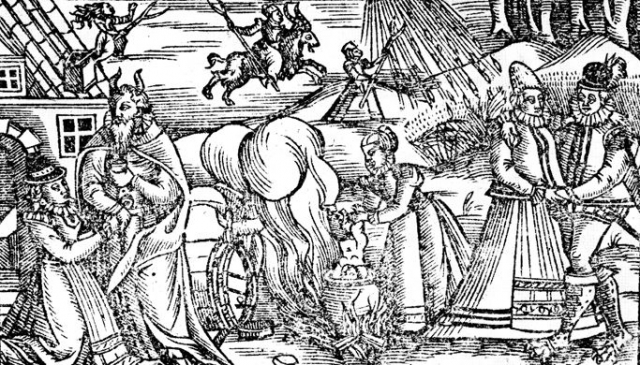Early Modern German Witchcraft
Early Modern German History

In this podcast Professor Alison Rowlands of the University of Essex looks at the role and significance of magic in early modern German popular culture, the impact of the Reformation on this culture, the witch persecutions that took place across Germany and how these varied regionally and, finally, how interpretations of early modern German witchcraft have changed over time.
1. To what extent did witchcraft emerge out of the popular culture of 16th and 17th century Germany?
2. What was the significance of ritual?
3. What role did magic have in society?
4. What was the function of magic?
5. What was the impact of the Reformation on this culture?
6. Is there any pushback against the curtailing of magical practice?
7. Did these changes vary from region to region?
8. Are witch trials prosecuted more intensely in certain regions? How do different German states learn from each other’s approaches?
9. What triggers a witch hunt?
10. Are witch trials used to remove political rivals?
11. How are ideas about witchcraft spread around Europe?
12. How and why did these persecutions come to an end? Did the practice of ‘witchcraft’ continue?
13. How have interpretations of this period of German history changed over time?
In order to access the full content of the podcasts please Login or Join the HA.

